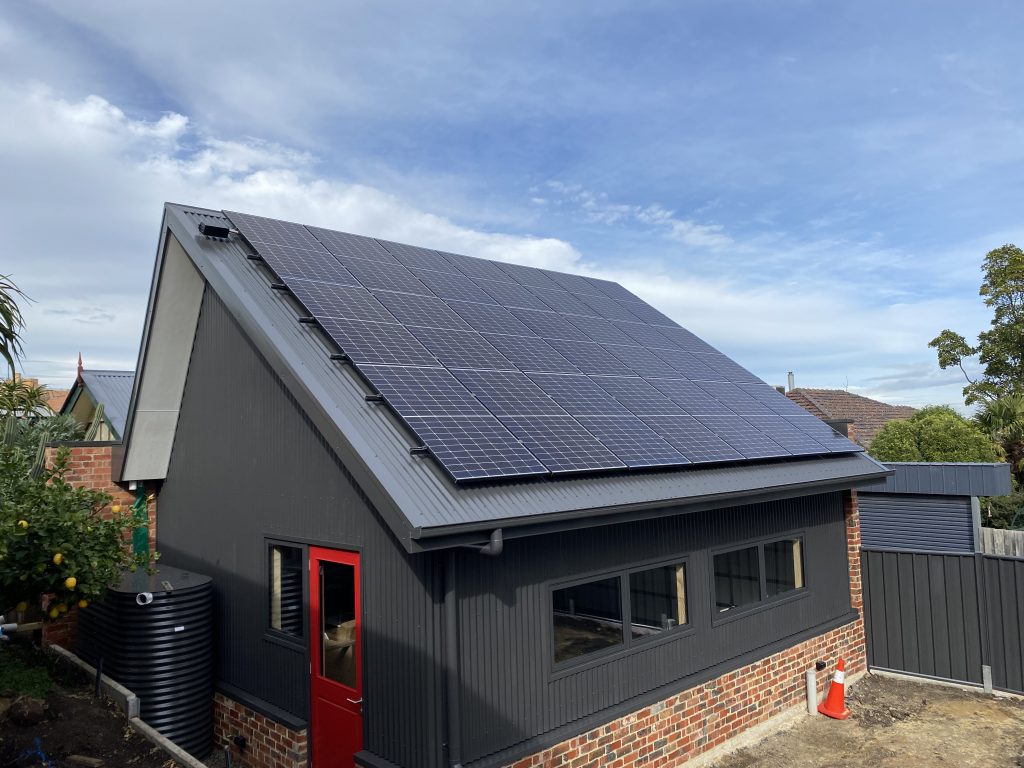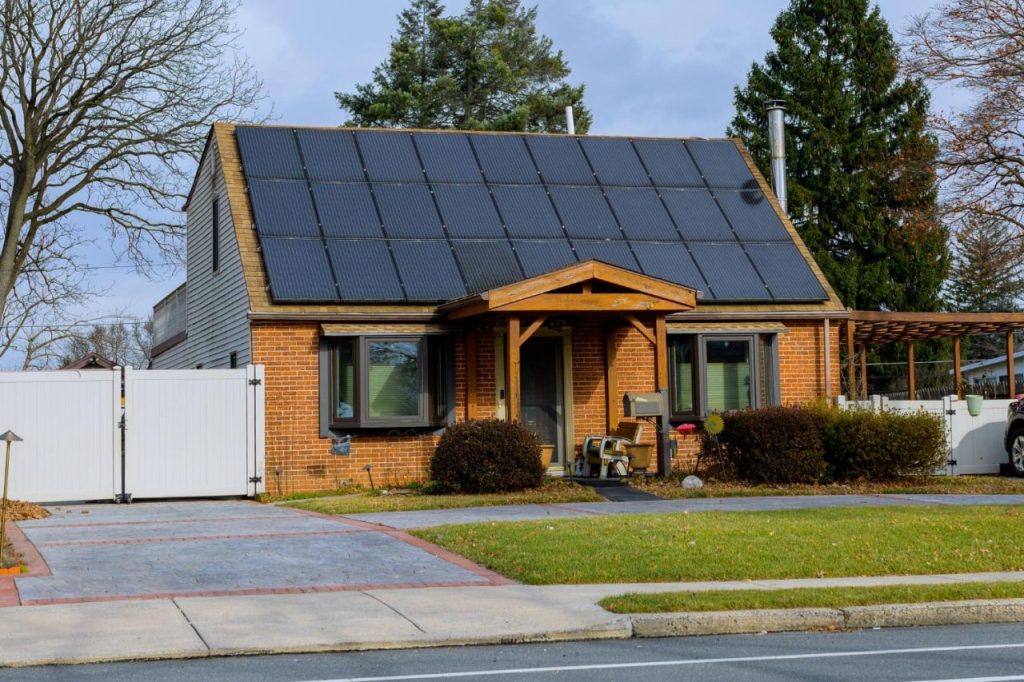Commercial Solar Panel Installation Melbourne
If you’re looking for a trusted commercial solar installation company in Melbourne, Solar Flow is here to help. We specialise in commercial solar system installation for businesses and homeowners, ensuring you get high-quality solar panels in Melbourne that suit your needs.
While some providers may offer subpar commercial solar solutions, Solar Flow guarantees premium solar panel installation in Melbourne, tailored to your building, energy consumption, and budget. Our expert team helps you reduce electricity costs and minimize your environmental footprint.
From your initial questions to commercial solar systems, installations and maintenance, our experienced team of specialists will happily guide you every step of the way.
We install Sanden Heat Pumps in Melbourne, as well as Sunpower Solar Panel Installations & Jinko Solar Panel Installations

Get A Quote
"*" indicates required fields
Our recent commercial solar panel installations
Take a look at some of the recent projects we have completed for our clients across Melbourne
All you should know about Solar panels
What are solar panels and why should you install them on your property?
Solar panels are panels that absorb energy from the sun for the purpose of converting it into electricity that can be used to power your property. They are typically placed on the roof of the property in order to have the most exposure to the sun throughout the day.
How do solar panels work?
Solar panels work by absorbing sunlight and transforming it into electricity through a process called photovoltaic. Photovoltaic cells are placed on the panels, which capture the energy from the sun and convert it into energy that can be used to power your home’s appliances. This process is completely safe, clean, and easy to maintain.
What are the benefits of installing solar panels?
Solar panels can help to reduce the overall energy usage and costs of your home. By installing solar panels, you can save up to 50% on your electricity bills, which is a significant amount of money over the long term.
Solar panels are also significantly cleaner than traditional energy sources. They do not produce any harmful emissions, and are not dependent on any fossil fuels. This makes them a great choice for the environment, as well as for your budget.
What are the drawbacks of installing solar panels?
There are few drawbacks to installing solar panels. The main downside is the initial cost, which can seem like a large expense at the time. However, after the initial installation, the cost savings that you will see in your electricity bill will make for a worthwhile investment in the long run.. Solar panels are also more complex to install than traditional types of energy, and it requires a professional to install them. However, the process is quite simple after the panels have been installed, and with a 25-year warranty, you can all but forget them and enjoy the many benefits they bring to your home or business.
How can you save money with solar panels?
There are a few ways that you can save money with solar panels. By installing solar panels, you can reduce the amount of energy that you use from the grid, which will save you money. Solar panels are also very durable and will last for several decades, so you will continue to save money with them for a long time.
What brands do you stock?
We install solar panels from leading manufacturers like LG, Jinko, Trina, and Sunpower. We’ll recommend the brand and type of photovoltaic cell/solar cell/panel that suits your unique circumstance, residence, and budget/cost.
How long does a commercial solar system installation take in Melbourne?
We install Solar Panels from these trusted companies
This is what our customers say about our work






